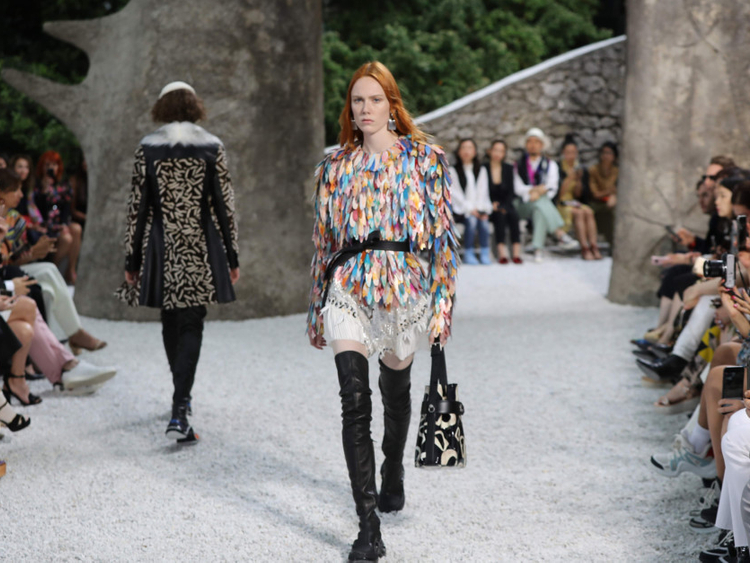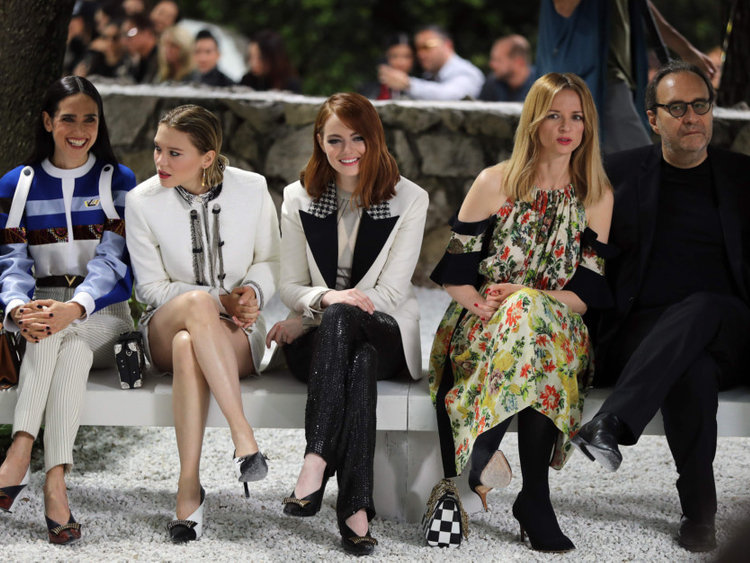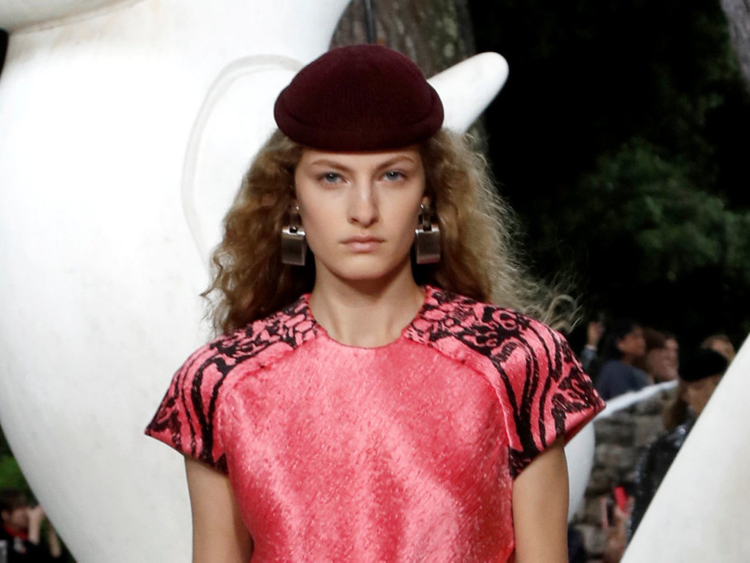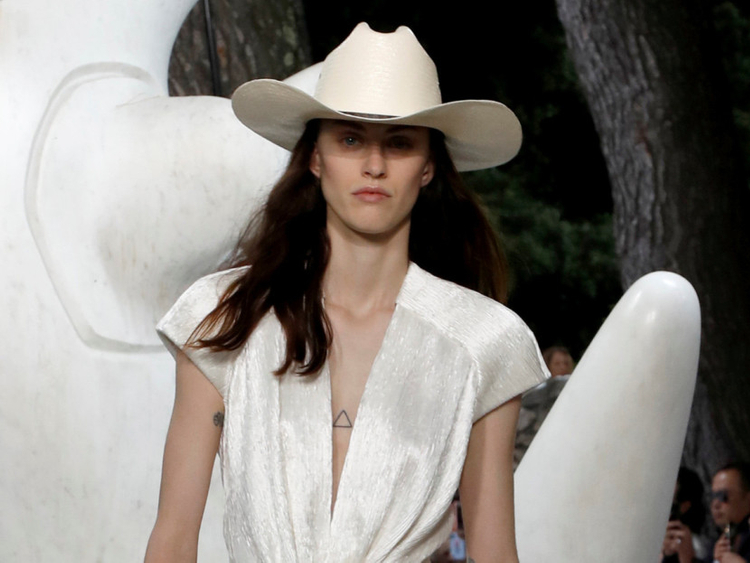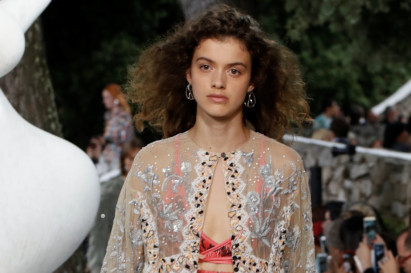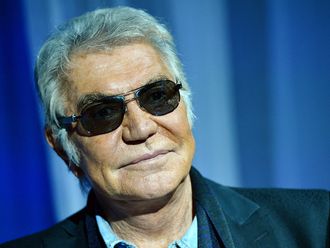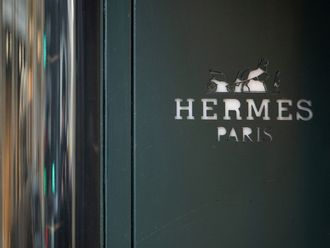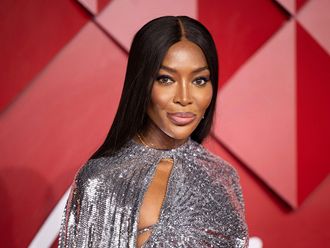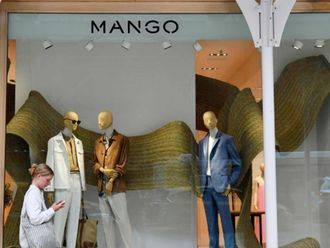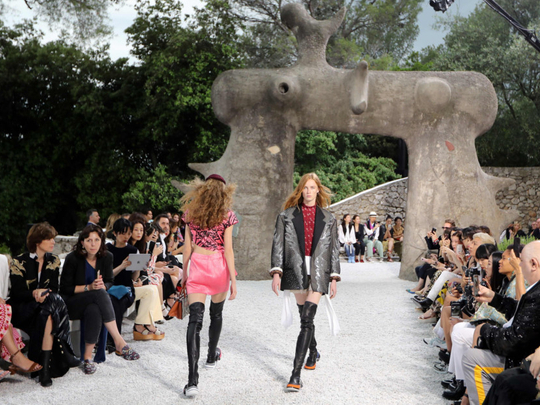
Aime Maeght, the art dealer who fled Nazi-occupied Paris for the balmier climes of the French Riviera, is generally revered around those parts, not least for building his Fondation Maeght, a stunning modernist masterpiece by the Catalan architect Josep Sert, perched in the hills by Saint-Paul de Vence, and then stuffing it with work by his proteges and friends — Joan Miro, Fernand Leger, Alexander Calder, Alberto Giacometti, Georges Braque, Baltus and Pierre Bonnard.
Locals admired him for enshrining the south of France’s artistic reputation, while they got on with the business of turning every last fishing village into a mecca of gaudy glamour. Artists adored him for conferring instant status (and high prices) on their work — even while some of them complained about the commercialisation of it all. Joan Miro in particular, although happy to cash the cheques, railed against the bourgeois nature of art and the cultural indulgence of the rich. Appreciation of irony was perhaps not Miro’s strongest suit.
For all these reasons and more, the foundation is the perfect spot for a 21st century fashion designer with one eye fixed firmly on posterity and one foot planted in popular culture.
Nicolas Ghesquiere, Louis Vuitton’s creative director, is that man — and clocking the historical, cultural and streetwear references in his collections has become an adrenaline-soaked spectator sport.
The gold trimmed thigh-high trainer-boots; the flame tattoos painted on to the models’ third eyes, the jewel speckled flapper dresses, the Edwardian sprigged tunics, the space-age visor-sunglasses, the Paisley-esque printed silks, mixed with stripes and Vuitton’s sequinned Damier check, the Nineties lingerie-dresses, the Eighties batwings and bloated, rounded shoulder-lines — or were they a nod to Miro’s hefty sculptures dotted throughout those lush gardens?
And what was that? A bag decorated with Grace Coddington’s charming cat illustrations? Ghesquiere isn’t even a cat person, being more canine-inclined. But it turns out he has wanted to collaborate with American Vogue’s former fashion director for years. The show’s soundtrack was peppered with snatches of narrative from Coddington’s autobiography, voiced by the actress Jennifer Connelly, a long-time muse of Ghesquiere’s. Connelly was there, watching the show too, alongside Sienna Miller, Ruth Negga and Game of Thrones star Sophie Turner.
Ghesquiere isn’t the first to show in an art museum. It has become a trend in itself. Maeght bolstered the reputations of his artists, and fashion brands fervently believe in the power of today’s art world to do the same for them.
However, Ghesquiere may be the first to claim it as his natural habitat. Since his second show for the house, five years ago, the Vuitton collections have been set in monumental galleries and architectural spaces around the world (including Louis Vuitton’s own imposing art foundation in Paris).
It’s a bold, self-asserting declaration — fashion as art — and has become a central pillar of Vuitton’s identity. Most recently the house collaborated with Jeff Koons on limited edition LV monogrammed totes, over-printed with Grand Masters chosen by Koons — the results of which became a huge talking point. All grist to Vuitton’s luxurious mill. The house has become a hub for creating media moments.
This was another. Miro would probably have adored trolling the bourgeois clients in the front row.
But Ghesquiere’s clothes suit a museum context. There’s something monumental about their non-conformity — this collection, especially, “was about celebrating eccentricity,” he says.
But all his collections have a slightly anarchic edge. When the models wove their way among the statues, those post-modern mash-ups and pumped up volumes, of which the designer is so fond, made perfect sense. These are brilliantly constructed clothes that aren’t interested in being “easy”.
They want to hold their own in culturally important surroundings and on formidable looking women (the tone is set in the show: Ghesquiere’s models are unfailingly fierce looking and unsmiling). “The balance,” says Ghesquiere, “is to be in the moment but also timeless.” That’s a call only the future can make.



